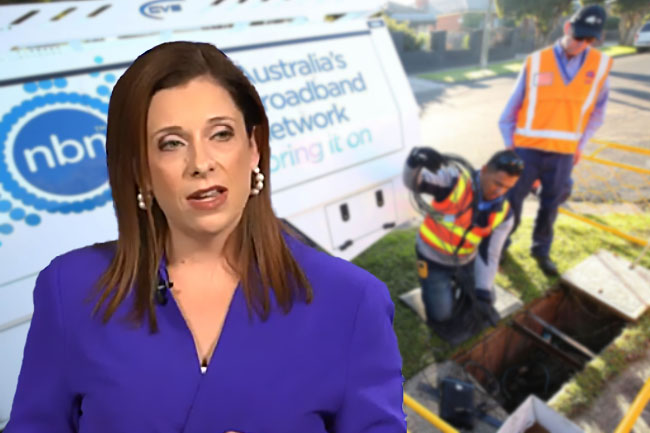Global internet quality rankings have revealed that Australia still has far to go in catching up to the world's leading regions. Paul Budde reports.
SURFSHARK has been releasing the annual Digital Quality of Life Index since 2019. Before looking into Australia and New Zealand, let’s look first at the countries that have been at the top of the rankings for the past three years.
This index assesses 121 countries based on criteria such as internet affordability, internet quality, electronic infrastructure, electronic security and electronic government.
Because of its consistently high digital well-being, Denmark stayed in the top three country list for three years in a row.
In 2023, Denmark was pushed down to third position by France and Finland. But at the same time, Denmark had the best e-infrastructure in the world.
Germany ranked high for the first time last year thanks to the country’s good internet affordability and electronic security.
This year, France and Finland have crept to the top position with Denmark and Germany close behind.
Australia landed in 30th place. Looking at the size of each country’s economy, Australia is scoring significantly below its global position, which should hover around 20th. This is mainly because of its very poor ranking in internet experience.
Because of my heritage, I often compare the Netherlands and Australia as they have very similar economies and lifestyles. The Netherlands ranks 12th. The ranking of these other countries provides a bit of context around the Australian ranking.
Our close neighbour, New Zealand, secured the 27th position. In relation to this, we see that smaller countries can score higher, as we see in the case of Denmark. Luxembourg and Estonia are positioned in the top ten. This is a disappointing ranking for New Zealand.
Australia and New Zealand
Australia showed improvement in its overall ranking by moving up five positions compared to the previous year. The nation achieved an index score of 0.6324, in contrast to France's leading score of 0.7902.
Australia, however, did improve its ranking in internet affordability from tenth to eighth globally. In the sub-index for mobile affordability, Australia ranked fifth worldwide, but it was placed 25th for broadband affordability. Moreover, Australia's electronic infrastructure ranking improved from 22nd to 20th, with a 14th place in network readiness and 41st in internet usage.
However, Australia's ranking in internet quality experienced a significant decline, dropping from 58th in 2022 to 72nd in 2023. This decline was attributed to falling below the global average in mobile speed growth (104th), broadband speed growth (81st) and overall broadband speed (60th), with an average speed of 88.71Mbps. Additionally, Australia barely exceeded the global average for mobile stability (80th) and broadband stability (37th), although it did achieve a notable 13th rank in global mobile speed at 163.29Mbps.
On the other hand, New Zealand's position on the global leaderboard improved by one spot, with an index ranking of 0.6432. New Zealand's internet affordability ranking notably rose from 43rd to 19th, including a 14th position for mobile affordability and 32nd for broadband affordability. The country's electronic infrastructure ranking also improved from 24th to 18th, with 93.4 individuals per 100 inhabitants using the internet. Furthermore, New Zealand's electronic government ranking improved from 18th to 14th.
However, New Zealand's ranking in internet quality experienced a significant drop, falling from 17th to 46th. While the country ranked 20th for mobile speed, boasting an average speed of 127.24Mbps, it was placed only 110th for mobile speed growth.
Similarly, despite having significantly faster broadband speeds than the global average, ranking 15th with a speed of 219.62Mbps, New Zealand was only 95th for broadband speed growth. Additionally, New Zealand ranked 100th for mobile stability and 43rd for broadband stability.
Lastly, New Zealand's ranking for electronic security declined slightly from 34th to 36th.
Paul Budde is an Independent Australia columnist and managing director of Paul Budde Consulting, an independent telecommunications research and consultancy organisation. You can follow Paul on Twitter @PaulBudde.
Related Articles
- NBN finally gets an upgrade and hopefully we can afford it
- NBN Co negotiating with ACCC for better and cheaper broadband options
- The NBN legacy: Rising prices and falling global rankings
- NBN Co fails to improve service conditions
- Low Earth Orbit satellites to shake up telecoms market
 This work is licensed under a Creative Commons Attribution-NonCommercial-NoDerivs 3.0 Australia License
This work is licensed under a Creative Commons Attribution-NonCommercial-NoDerivs 3.0 Australia License
Support independent journalism Subscribe to IA.














